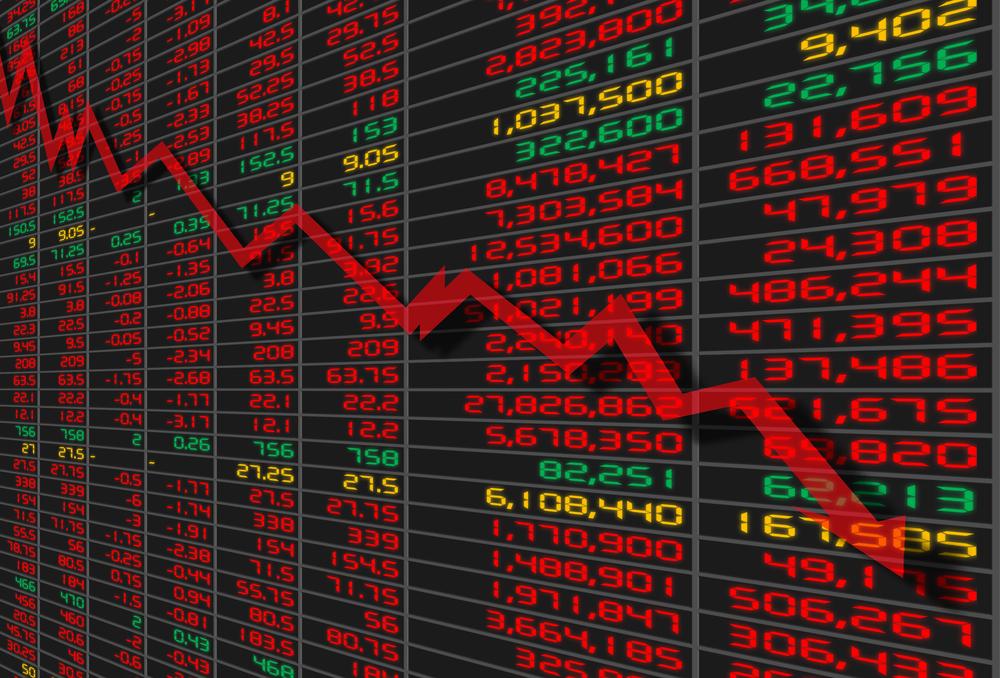
The Good:
Morrisons
Shares in the troubled supermarket chain rose over 10 percent on Wednesday, after a Christmas trading statement showed a 0.2 percent rise in sales in the nine weeks to 3 January. Morrisons have issued several profit warnings over the last year, slashing prices and selling off 140 of their M convenience stores in as all of the Big Four supermarkets struggle to compete with discount stores. However, Wednesday’s Christmas results are the first positive figures from the chain since the new chief executive David Potts was appointed – perhaps a sign that there is light at the end of the tunnel for Morrisons.
John Lewis
John Lewis disclosed excellent Christmas figures on Monday, seeing a 7 percent rise in sales for the six weeks to January 2nd – despite spending a whopping £7 million on their famous Christmas advert. A big drive in online sales led the growth, with 40 percent of sales made through their website, with John Lewis confirming that its overall festive performance has kept it on track with full-year profit expectations for between £270 million and £320 million.
Game
Struggling gaming chain Game announced better than expected Christmas figures this morning, down just 0.4 percent in the three weeks to January 9th – a vast improvement on the 6.7 percent drop in the first 21 weeks of the year. Despite adjusting its full-year profit expectation down to £30 million, shares in the company rose over 10 percent in early trading as investors saw the figures as a positive start to the year.
The Bad:
Waitrose
In comparison to its parent company John Lewis, grocery chain Waitrose suffered at the hands of a competitive market and saw a 1.4 percent drop in sales over the Christmas period. CEO Mark Price remained positive however, saying that he believed the market share of the company had increased. Whilst Waitrose’s emphasis on quality over price usually sets them in good store for Christmas shopping habits, the lure of discounters Aldi and Lidl proved too much for the brand and, unfortunately, disappointing figures reflected that.
Marks and Spencer
Marks and Spencer had a mixed Christmas, seeing clothing and general merchandise sales fall by 5.8 percent in the three months to January, but its grocery arm defying tough market conditions and rising 3.7 percent. The company cited the unseasonable weather as the main reason for the disappointing clothing sales, and its share price remained largely unaffected. It could be that investors were calmed by the announcement made t the same time – the retirement of Marc Bolland from the role of CEO, to be succeeded by Steve Rowe.
Greggs
Budget national bakery Greggs saw a sharp drop in share price on Tuesday after below-par Christmas sales. Sales rose by 2.3 percent in the final quarter of 2015, a big slowdown from the 5.6 percent in the rest of the year.
And the Ugly…
Next
Blue chip clothing chain Next surprised investors last week with a dramatic fall in sales over the Christmas period. A usually reliable company, Next’s poor results caused shares to plunge over 5 percent. The chain was the first in a series of companies to blame the unseasonably warm weather in November and December as a reason for falling sales, but added that their limited stock availability also contributed.
Poundland
After acquiring the 99p Store chain earlier in the year, their first set of Christmas results since that were highly anticipated by investors as a signal as to the long-term benefits of the acquisition. Unfortunately, shares dropped 10 percent as the company re-adjusted their full-year profit downwards to take into account the restructuring and conversion of 99p Stores to Poundlands. A quiet Christmas also contributed to the fall in figures.
Miranda Wadham on 13/02/2015
